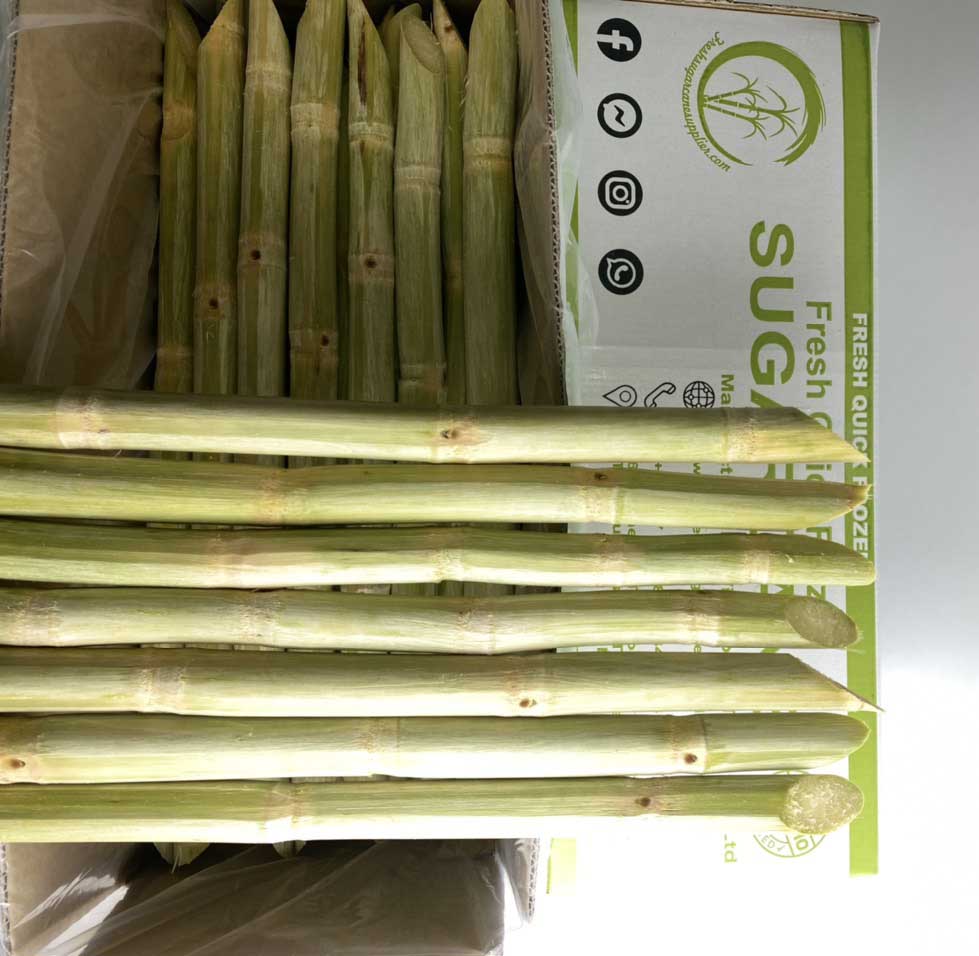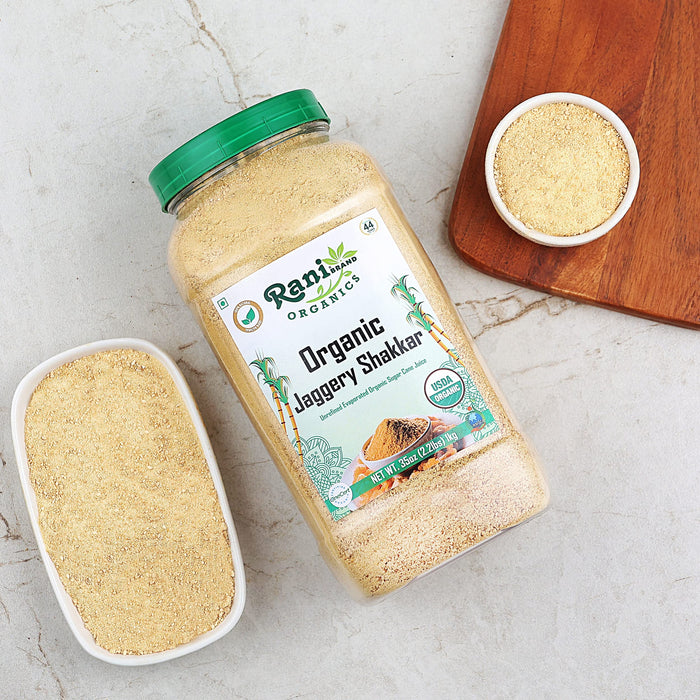Sugarcane Product: A Natural Sweetener for Fit Individuals
Sugarcane Product: A Natural Sweetener for Fit Individuals
Blog Article
Lasting Sugarcane Products: From Sweeteners to Eco-Friendly Product
The possibility of sustainable sugarcane items expands past traditional sugar to encompass a series of green items, offering an engaging case for their combination right into modern-day customer practices - sugarcane product. As the globe faces pushing environmental issues, sugarcane becomes a versatile source efficient in addressing both dietary requirements and sustainability objectives. This discussion will discover just how technologies in sugarcane growing and handling can cause significant advancements in eco-friendly product packaging and eco-conscious fabrics. What ramifications might these developments have for future customer choices and ecological influence?
Review of Sugarcane Sustainability
As the need for eco-friendly items grows, recognizing sugarcane sustainability ends up being increasingly important. Sugarcane, a functional crop, is cultivated mainly in tropical and subtropical areas, and its sustainability is essential for both ecological health and wellness and financial viability. Sustainable sugarcane farming techniques focus on reducing eco-friendly influence while optimizing performance and profitability.
Trick aspects of sugarcane sustainability consist of reliable land usage, decreased chemical input, and improved water monitoring. Practices such as crop rotation, incorporated pest administration, and organic fertilizing contribute to soil wellness and biodiversity. Additionally, innovative modern technologies, such as precision agriculture, assistance maximize source use and lower waste.
Furthermore, sugarcane is a renewable energy, with byproducts that can be used in numerous markets, from biofuels to naturally degradable plastics, therefore decreasing reliance on nonrenewable fuel sources and decreasing carbon footprints. Certifications like the Bonsucro basic motivate sustainable practices throughout the supply chain, advertising openness and liability.

Sugarcane-Based Sugar
Using sugarcane as a key resource, sugarcane-based sugar have obtained prestige as natural options to polished sugars and synthetic sweeteners (sugarcane product). These sugar, originated from the removal and handling of sugarcane juice, use a series of items that accommodate varied customer preferences, including natural and minimally processed alternatives
Among the most significant sugarcane-based sweeteners are raw walking cane sugar, panela, and molasses. Raw walking stick sugar preserves more of the natural flavors and nutrients located in sugarcane, making it a popular choice for health-conscious customers. Panela, a conventional Latin American sweetener, is generated by vaporizing sugarcane juice, preserving its all-natural minerals and vitamins. Molasses, a byproduct of sugar removal, is abundant in anti-oxidants and crucial nutrients, functioning as a nutritious sweetening representative in numerous culinary applications.
The growing demand for sugarcane-based sugar is driven by increasing recognition of health and wellness and sustainability concerns associated with standard sugar. By selecting sugarcane-derived products, consumers not only support lasting agricultural practices but additionally add to a healthier lifestyle, straightening their nutritional options with their environmental worths.
Eco-friendly Product Packaging Solutions
Emerging as a sensible choice to standard plastics, biodegradable packaging services stemmed from sugarcane are changing the product packaging industry. These ingenious materials provide an eco-friendly option that resolves the growing worries over plastic pollution. Utilizing the natural sugars located in sugarcane, manufacturers are developing numerous types of naturally degradable packaging, consisting of movies, containers, and covers that disintegrate more swiftly than standard plastics.
The primary benefits of sugarcane-based packaging lie in its sustainable sourcing and its capability this website to damage down right into safe by-products. Unlike fossil fuel-derived plastics, which can continue the environment for centuries, sugarcane product packaging commonly breaks down within a couple of months under appropriate conditions. This decrease in waste not only minimizes landfill overflow but likewise decreases the carbon impact connected with packaging materials.
Additionally, sugarcane-derived product packaging keeps durable performance attributes, using comparable toughness and functionality to traditional alternatives. As consumers and companies progressively prioritize sustainability, the fostering of naturally degradable product packaging services represents a considerable step towards a round economy, where materials are reused and restored instead of thrown out. This shift not just boosts brand name picture but likewise adds to an extra lasting future for the earth.
Eco-Friendly Textiles and Fabrics
Environment-friendly fabrics and materials are gaining grip in the style and home products industries as consumers increasingly require sustainable alternatives to typical materials. Amongst the noteworthy alternatives are textiles originated from sugarcane, which offer an ecologically liable choice to synthetic fibers. These fabrics are produced through a process that utilizes the renewable energies located in sugarcane, significantly reducing dependence on petroleum-based materials.

As the market for sustainable fabrics broadens, customers can look ahead to cutting-edge styles that combine design with ecological duty. Ultimately, environmentally friendly textiles and fabrics stand for a significant action towards decreasing the fashion sector's ecological impact while catering to the growing demand for liable customer selections.
Developments in Sustainable Farming
Revolutionizing farming methods, advancements in sustainable farming are changing the way plants are expanded and managed. These improvements focus on lessening environmental effect while optimizing effectiveness and performance. Methods such as precision farming make use of information analytics and satellite imagery to maximize resource usage, making certain that water, fertilizers, and chemicals are applied only where needed. anchor This targeted strategy not only minimizes waste but also boosts crop returns.

Additionally, agroecology, which integrates ecological principles into farming, advertises biodiversity and soil health and wellness. Practices such as plant turning, cover cropping, and intercropping foster resilient environments that can withstand bugs and climate variations - sugarcane product. Furthermore, making use of natural fertilizers and biopesticides adds to healthier dirts and ecological communities

Together, these developments are not just improving the agricultural landscape yet also adding to a much more lasting future for sugarcane and other plants, straightening farming methods with environmental stewardship.
Conclusion
Sustainable sugarcane products stand for a considerable advancement in environment-friendly options, spanning from all-natural sugar to biodegradable goods. As customer preferences progressively lean in check it out the direction of sustainable alternatives, the convenience of sugarcane as a sustainable resource comes to be increasingly relevant.
The potential of lasting sugarcane products prolongs beyond typical sweeteners to incorporate a range of green products, providing a compelling case for their integration right into modern customer practices. Sustainable sugarcane farming practices concentrate on minimizing eco-friendly effect while optimizing efficiency and profitability.
Sustainable sugarcane products represent a substantial development in environmentally friendly choices, extending from all-natural sweeteners to biodegradable items. The cultivation of sugarcane via lasting practices not only improves environmental wellness yet additionally adds to financial viability. As customer preferences progressively lean in the direction of lasting alternatives, the versatility of sugarcane as a sustainable resource comes to be increasingly appropriate.
Report this page